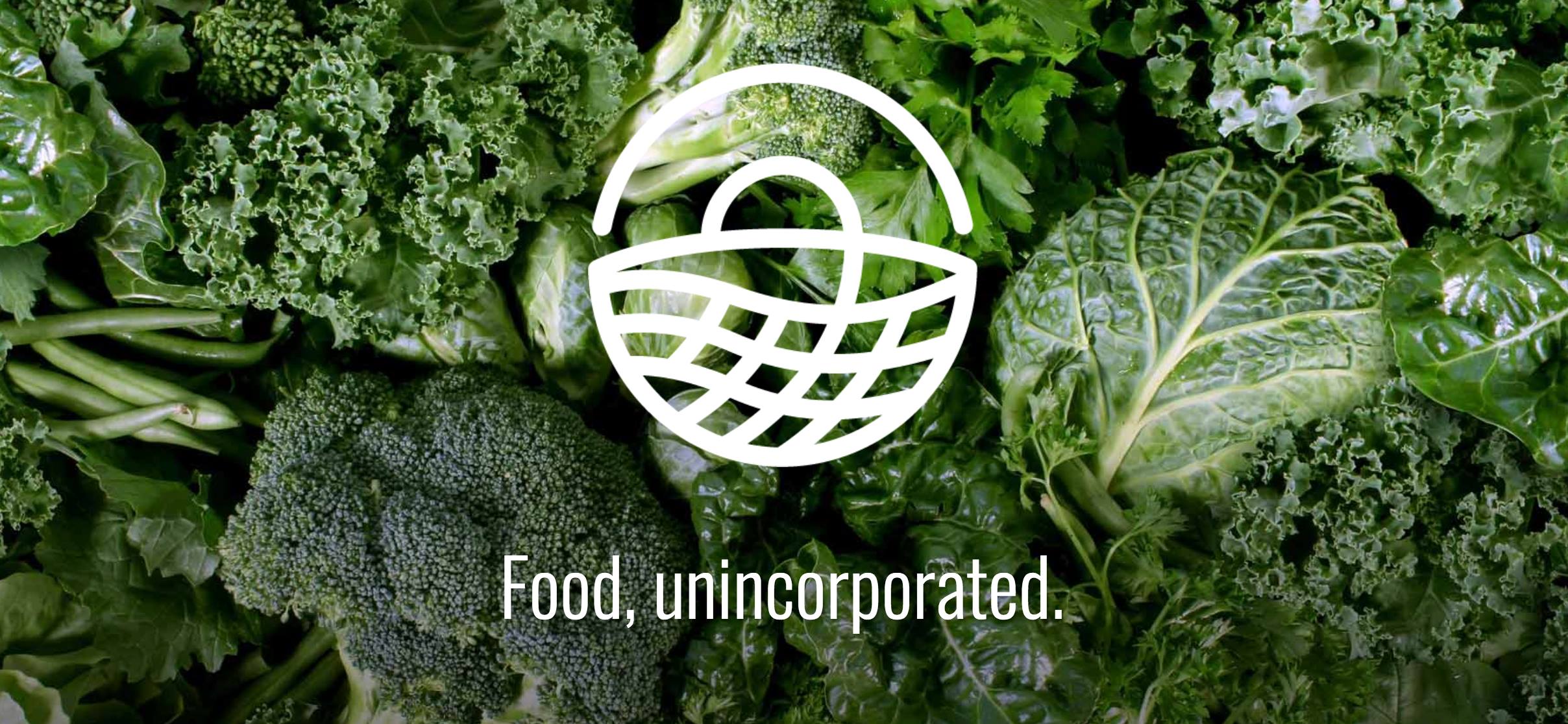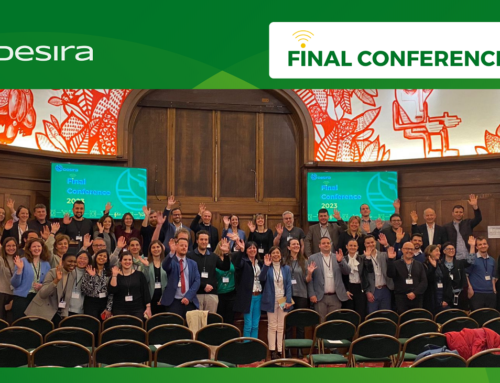Authors: Davie Philip and Oliver Moore, CULTIVATE – The Sustainable Ireland Cooperative, Ireland
The global pandemic means that we have moved rapidly from an era of disruptive technologies as occasional societal game changers, to one where disruptions in society are leading rapidly towards the application of technologies in more and more domains.
We have already seen digital marketplaces for local and artisan foods, expansive networks of small food producers, distributors, retailers, food hubs, food co-ops and buying groups are coming together to find the best way of shortening the food supply chain, and in the process building resilient local food economies.
In the new reality of physical distancing due to the Coronavirus, digital platforms like the Open Food Network (OFN) have emerged as a lifeline for small producers to maintain and grow markets while also giving people the option of better, fairer ways to source their food directly from growers, farmers and producers.
OFN has seen rapid growth since COVID-19 lockdowns, and the related shutting of farmers’ markets and other outlets. According to the latest available figures, from the first week of activity in April with Open Food Network Australia, website traffic has increased 10 fold while turnover is four times higher than their busiest previous week ever. OFN UK has seen an 850% increase in shopfront turnover in the last seven weeks.
OFN was part of the annual ‘Feeding Ourselves’ conference organised by the Irish DESIRA partner Cultivate (The Sustainable Ireland Cooperative), in March 2020, just a week before the COVID-19 lockdown began. A presentation was given remotely by Nick Weir, a founder member of Stroud Community Agriculture CSA and Stroudco Food Hub. Nick works with producers, farmers’ markets, food hubs and food co-ops across the UK to set up their hubs to sell produce through OFN, and aims to make it easy to create innovative, independent, community food enterprises.
There are many manifestations of OFN, which is already established in 13 countries. Co-ops and wholesalers can manage buying groups and supply produce through networks of food hubs and shops; communities can bring together producers to create a virtual farmers’ market, building a resilient local food economy; food banks can use OFN to distribute surplus and donated food.
OFN is an open source, not-for-profit, online platform, which allows food producers to sell directly through a virtual farmers’ market. Similar Platforms like NeighbourFood and the Food Assembly in Europe are proprietary software, owned and controlled by their developers. OFN is open source which means that it is owned collectively and takes decisions collectively about how the software is changed, how it is developed and who can use it for what. Proprietary platforms are more prescriptive in terms of the enterprise model they allow for their food hubs and charge a higher percentage for their services than most OFN instances. OFN UK charges users 2% of turnover and OFN France charges 1.5%, NeighbourFood charges 10% for platform use, however does offer an excellent split payment function.
Also, as a cautionary tale, Nick pointed to the UK experience of the venture capital funded, Food Assembly. Due to low return on investment in the UK, it was pulled out of the UK market and left 60 co-ops and food hubs without a platform after a three-month warning. Food Assembly did not find the UK to be profitable enough. This simply cannot happen with OFN, as it is non-proprietary software.
OFN is a distributed, collaborative organisation run by committed people all over the world. It blends aspects of sociocracy with governance elements that have been developed over time in response to specific challenges and tensions in those models. OFN takes inspiration from permaculture, paying attention to the resilience and sustainability of the organisation. As such, national and local hubs are encouraged to develop their own leadership within the global community.
OFN is focused on networking. The enterprise permissions functionality allows a wide range of enterprises to be part of the network. They can then cross-sell each other’s’ products and begin to create a ‘mycelium’ system of local food enterprises of many different types, meeting local needs in the ways local people want to make it happen. There is a global forum of users who help each other, from using the platform to sharing tips on the technology or info on produce and packaging.
By promoting cooperation among stakeholders in the food chain, interoperability strengthens links and synergies within the ecosystem. This allows us, beyond the services and models offered by every actor, to work together to build an open and transparent food system that promotes the emancipation of both producers and eaters.
The Open Food Network is not only creating a new food system, it is also developing a new way of working as a global community, in a truly open and collaborative way. The OFN platform was a digital game changer for local food economies before the coronavirus hit, it is now an urgent need.






